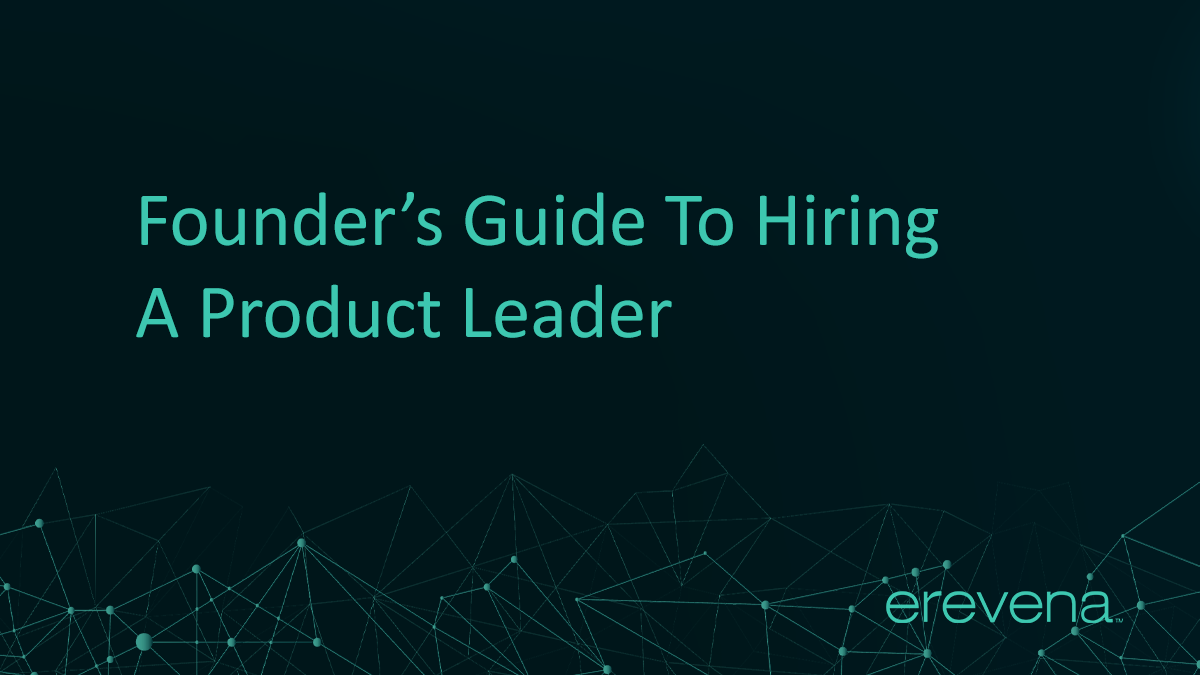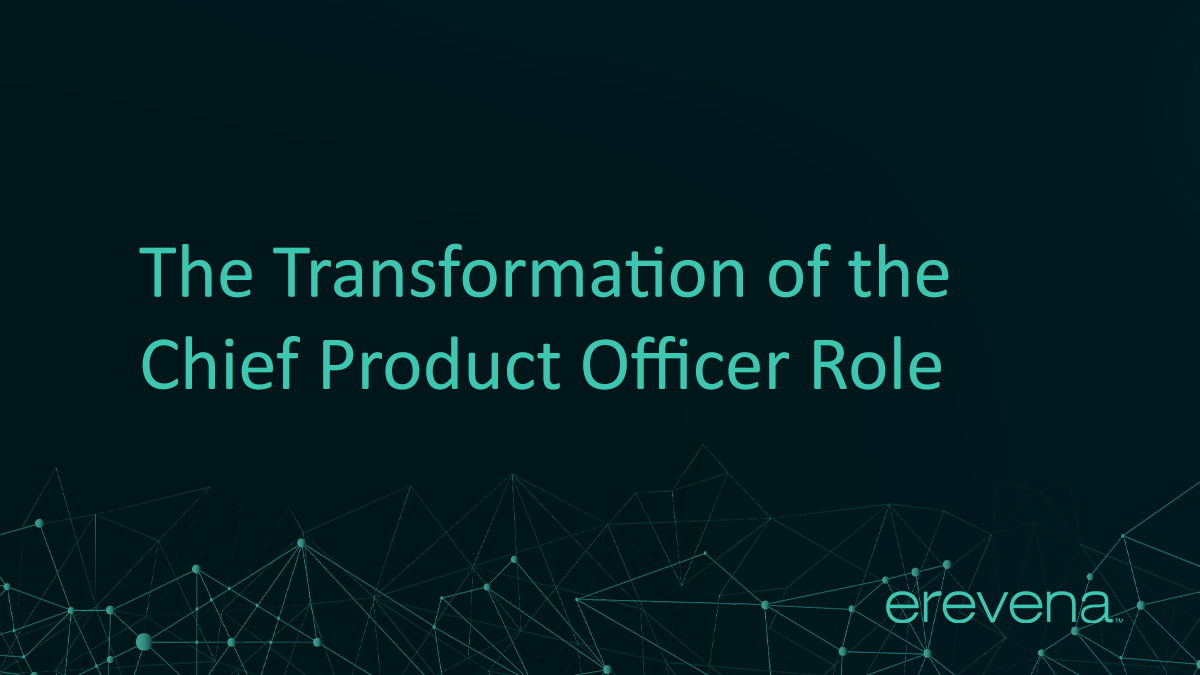Maddy Cross, Partner at Erevena, speaks with Avalon Lee-Bacon, Head of Talent at Dawn Capital about early-stage talent trends and hiring. Maddy draws on her proprietary research The Unicorn Trajectory (published during her time as Talent Director at Notion Capital), which looks at the early leadership hiring decisions that were made in unicorns in comparison to other B2B software businesses that did not go on to achieve unicorn status, as well as her recent research piece looking at who you should hire to raise a €10M+ Series A.
How do you advise founders to approach the hiring process?
My research around this suggests the most successful companies seemed to have the biggest gap in experience – by this I mean a mix of highly experienced individuals alongside less experienced, or individuals with less directly transferable experience. It shows that having an open mind with candidates is really important.
That said, knowing what type of role you’re hiring for and what skills that requires can make the process more efficient. If you start a search process with a solid understanding across your leadership team of what you need to achieve with the role you’re hiring for, then it’s more likely that a search can take three months instead of six.
If you’re thinking about working with a search firm, being in touch as soon as you know the hiring requirements is a good idea: the market is unusually busy, so many search firms have waitlists before they can actively start a search. Likewise with embedded recruiters, where there used to be two-to-three month engagements, some firms are now requiring 12-month, with many booked up until 2022. It means a long-term view on hiring is essential at the moment.
What does a successful hiring process look like?
Hiring managers and founders need to dedicate adequate time to it, from assessing what is needed in a hire to taking the time to source them. They may come from your network, or you may bring in a search firm, but both routes require a considerable time commitment, not only from the founder but from anyone who’s interviewing candidates.
We’re definitely seeing a trend for VC backed businesses to bring dedicated hiring functionality in-house sooner than later, with VP People, Chief People or Talent Officers becoming more common in leadership teams as startups realise the significance of this role, particularly with the recent challenges of remote work.
In terms of the process, once you engage with a candidate, try to keep the recruitment timeline to four weeks maximum, which will generally include three interviews and one final round presentation. Scheduling effectively is critical, as time lost with diary clashes can be the difference between securing a preferred candidate or them taking a role elsewhere.
It’s also worth remembering that the hiring process is a two-way street: the very best candidates out there will likely have the most options for their next move, so the role of the founder in the hiring process is as much about selling to the candidate as it is about assessing them. Hiring is a collaborative process, so try to spend as much time answering candidate questions as you do asking them.
What have you observed about diversity in start-ups?
The benefits of diversity are definitely well documented in research, and my own research suggests it goes beyond gender or ethnicity: as an example, four out of five unicorns in my research had someone in a leadership position that hadn’t finished university. So Mark Zuckerberg’s hiring of Sheryl Sandberg – he dropped out of Harvard in 2005 to focus on his then-fledgling social network, while Sheryl had earned a Bachelors and MBA from the Ivy League – is more of a rule than an exception in high growth businesses.
How should a founder be scaling their talent in the first couple of years?
From my research on who should be hired to get from Pre-Seed to raising a €10M+ Series A, hiring 25 to 30 people in the first 18 months is a rough target. But there is great deviation in this – some high growth businesses had hired 60 people just 18 months in, whereas other companies had only hired a few people. As a general rule though, you’d want to be hiring roughly four to five people a quarter every quarter for the first 18 months to be on track for a healthy Series A raise.
Have you observed a typical order to these early hires?
There is no right or wrong specific order to hiring and it will depend on each company. In B2B software and B2B marketplace businesses, the majority of first hires in the research that I’ve carried out were in technology (engineering and software development), followed by product and eventually sales and marketing. This trend confirms that achieving Product-Market-Fit before staffing up commercial teams is a common way for high growth businesses to build out their workforces.
Are you noticing any trends in compensation at the moment?
Compensation has changed a lot over the last two years as a result of remote work becoming more common, and funding levels increasing across Europe (and beyond), so the ultimate rule is that candidates are now worth what they’ll get elsewhere. It doesn’t mean that Founders need to pay whatever candidates ask for, but it does mean that understanding current market rates is critical to planning compensation and assessing how much value each candidate will bring versus what they’ll cost.
At Erevena we’ve seen a clear upward trend in compensation benchmarks over the last year, so founders will get the most out of their hiring processes if they’re clear on what they can offer before they start interviewing.
Share this article:













